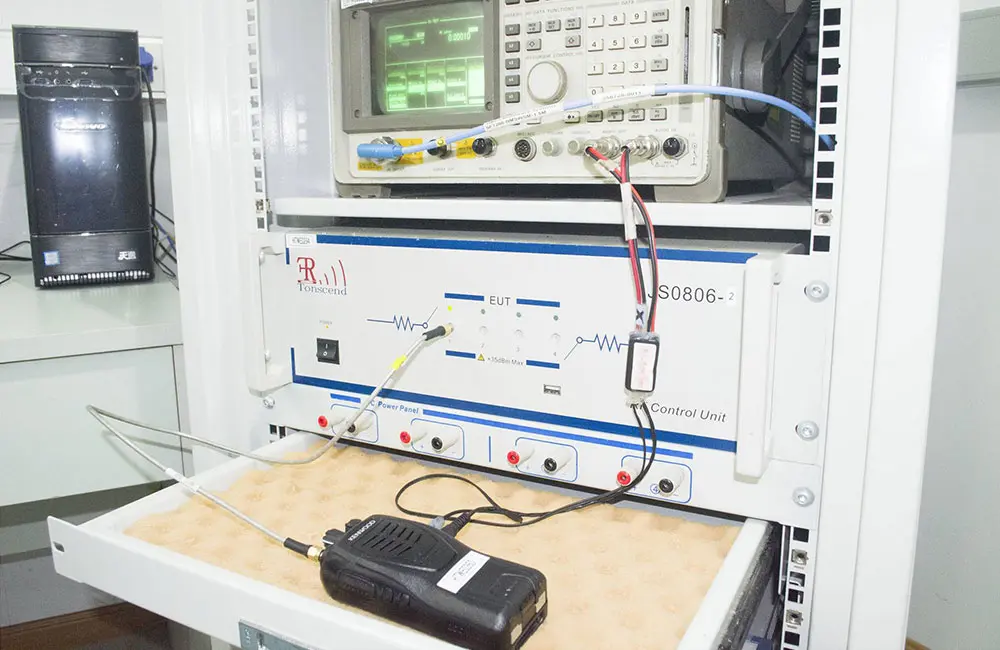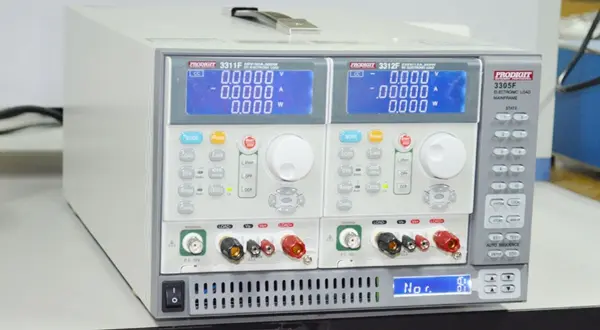
U.S. GCC Certification Guide
What is gcc certification?
The U.S. gcc certification, or General Certificate of Conformity, is a written document requiRED by the U.S. Consumer Product Safety Commission (CPSC) to certify that a product complies with applicable mandatory consumer product safety rULes. Products requiring GCC certification must undergo testing or a Reasonable Testing Program and provide a written certificate to demonstrate compliance.
Which Products Require GCC Certification?
GCC certification applies to general-use products (non-children’s products) that are subject to consumer product safety rules or other mandatory CPSC regulations. Key requirements include:
- Each product must have an individual gcc certificate.
- The list of products requiring GCC certification is provided by the CPSC and typically includes non-children’s products for adult use.
Difference Between GCC and CPC
- GCC (General Certificate of Conformity): Applicable to products for adults.
- CPC (Children’s Product Certificate): Applies to products designed or intended for children aged 12 and under.
Product Categories Governed by GCC
Examples of common products requiring GCC certification include:
- Apparel
- Paints and similar surface coatings
- Magnetic products
- Button and coin cell batteries
- Bicycles and helmets
- Lighters and multi-purpose lighters
- Swimming pool slides and electric lawnmowers
- Mattresses, trash bins, matchboxes, etc.
Platforms Requiring GCC Certification
Selling products on the following e-commerce platforms requires a GCC certificate to avoid delisting or legal risks:
- Amazon
- TEMU
- SHEIN
- TikTok
- eBay
- AliExpress
Issuance of GCC Certificates
1. Issuer: The manufacturer or importer is responsible for issuing the GCC certificate and bears legal responsibility.
2. Preparation: Third-party laboratories or other third parties may draft the certificate.
Key Differences Between GCC and CPC Certificates:
1. Applicable Products:
- GCC: General consumer products (non-children).
- CPC: Children’s products and toys.
2. Testing Requirements:
- GCC: Specific testing per applicable regulations (refer to controlled product categories).
- CPC: Testing for regulations related to children’s products and toys.
3. Issuer Responsibility:
- GCC: Issued by the manufacturer or importer; can be drafted by a third party.
- CPC: Same as GCC.
4. Certificate Content Comparison:
- Product Information: Same for both.
- Compliance with all relevant safety rules and regulations: Same for both.
- Importer or manufacturer information, including name, address, and phone number: Same for both.
- Contact details of the certificate holder, including name, address, email, and phone number: Same for both.
- Production date and location (city-specific): Same for both.
- Testing or inspection date and location: Same for both.
- Laboratory Contact Information:
- GCC: Mark as "N/A" if no third-party lab testing is required.
- CPC: Mandatory inclusion of third-party testing lab information.
Common Approval Points for Platforms
1. Consistency Requirements for Documentation:
- Testing Items/Citation Rules must align.
- Test report number and model/style numbers must match.
- Third-party testing lab information must be consistent.
- Manufacturer name and address must match.
2. Content Requirements for Certification Documents:
- Must include Test Report and the official GCC certificate.
- Documents must be provided in English.
3. Physical Product Image Requirements:
- Model/style numbers must match the product listing.
- Avoid using Pinyin for manufacturer addresses.
- Packaging should include warnings or labels required by regulations/standards.
4. Validity of Test Reports:
- Manufacturers and importers are advised to retest products annually.
5. Content Requirements for GCC Certificates:
- Holder Information: Name, address, phone, and email.
- Importer/Manufacturer Information: Name, address, and phone.
- Third-party Laboratory Information: Name, address, and phone (if applicable).
- Additional Information: Production date, location, testing items, product details (e.g., name, model, color).
- Signature and Stamp: The certificate must be signed and stamped by the manufacturer.
By preparing and submitting GCC certificates in compliance with the above requirements, you can better ensure regulatory compliance and successful approval on e-commerce platforms.
Email:hello@jjrlab.com
Write your message here and send it to us
 What is Bisphenol A (BPA) Testing?
What is Bisphenol A (BPA) Testing?
 LED Display Export to the EU CE-EMC + RoHS Directi
LED Display Export to the EU CE-EMC + RoHS Directi
 Children's Sleepwear Flammability 16 CFR 1615 / 16
Children's Sleepwear Flammability 16 CFR 1615 / 16
 Speaker SAA & RCM Compliance AS/NZS 62368.1:20
Speaker SAA & RCM Compliance AS/NZS 62368.1:20
 What is IEC 62052 for Electrical Energy Measuring
What is IEC 62052 for Electrical Energy Measuring
 Australia LoRa Band 915-928 MHz RCM Compliance
Australia LoRa Band 915-928 MHz RCM Compliance
 What Are the Compliance Certifications for VHF Pro
What Are the Compliance Certifications for VHF Pro
 Which Products Require WERCS Registration?
Which Products Require WERCS Registration?
Leave us a message
24-hour online customer service at any time to respond, so that you worry!




